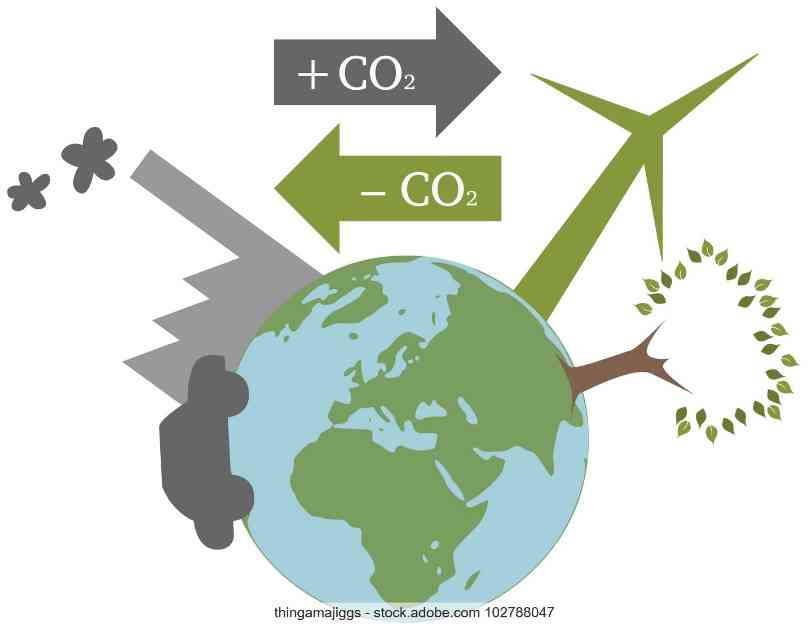The bioenergy industry associations are warning of additional burdens and bankruptcies, especially for small and medium-sized companies (SMEs) as early as this year. This could happen if the Third Amendment to the 38th Federal Immission Control Ordinance (BImSchV), with which the Federal Ministry for the Environment (BMUV) wants to address the problem of exceeding the greenhouse gas reduction quota (THG-Quote) and the resulting price collapse, were implemented in its draft form. This assessment was made by member associations of the Federal Association of Bioenergy (BBE) and the association community….
The concerns raised by the bioenergy industry are significant, as small and medium-sized companies play a crucial role in the renewable energy sector. These companies often do not have the same resources or financial cushion as larger corporations, making them more vulnerable to sudden regulatory changes or market fluctuations.
The proposed amendment to the BImSchV aims to address the issue of overcompliance with the THG-Quote, which has led to a decline in prices for bioenergy products. While it is important to ensure that companies meet environmental standards, it is equally important to consider the potential impact of these regulations on the industry as a whole.
In addition to the financial implications, the bioenergy industry is also concerned about the potential loss of jobs and expertise that could result from bankruptcies. Many of these SMEs are key employers in rural areas, providing valuable jobs and contributing to local economies.
It is essential for policymakers to carefully consider the feedback and concerns raised by industry associations before finalizing the amendment to the BImSchV. Finding a balance between environmental goals and the economic sustainability of the bioenergy sector is crucial to ensure a smooth transition to a more sustainable energy future.
By working together with industry stakeholders and taking into account the unique challenges faced by SMEs, policymakers can develop regulations that are effective, fair, and supportive of the bioenergy industry’s growth and innovation. It is important to foster an environment where companies can thrive and contribute to the transition to a more sustainable energy system.

















